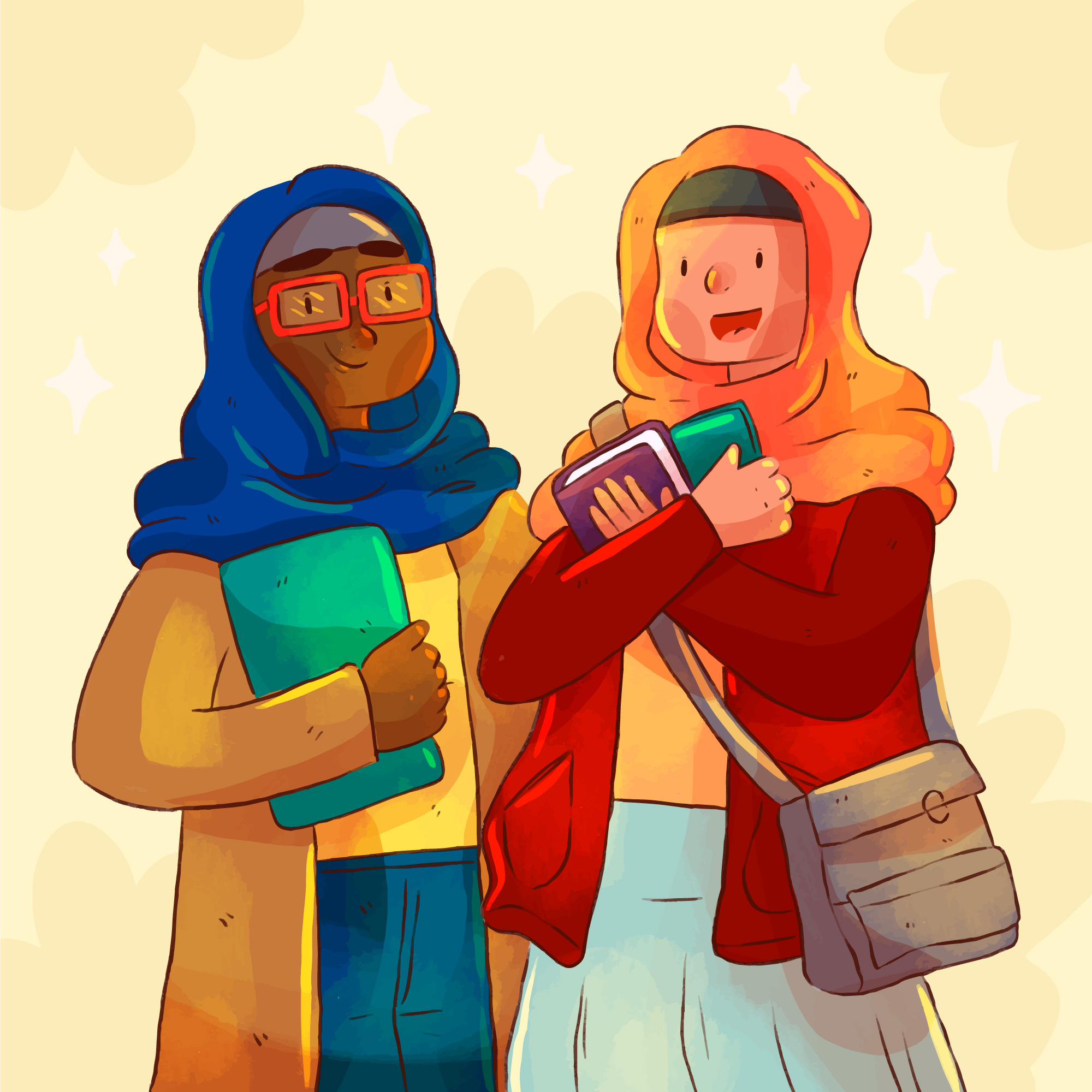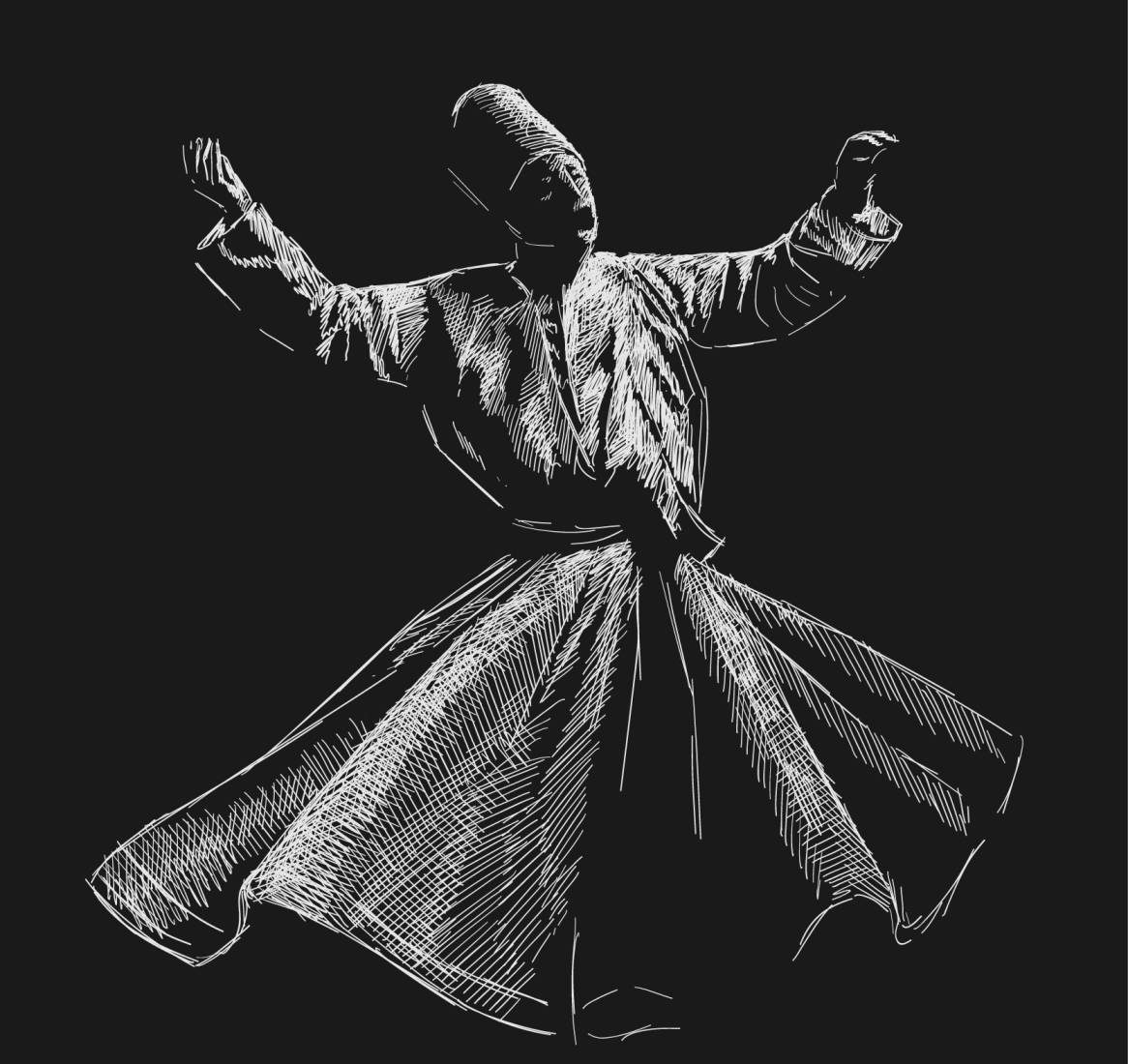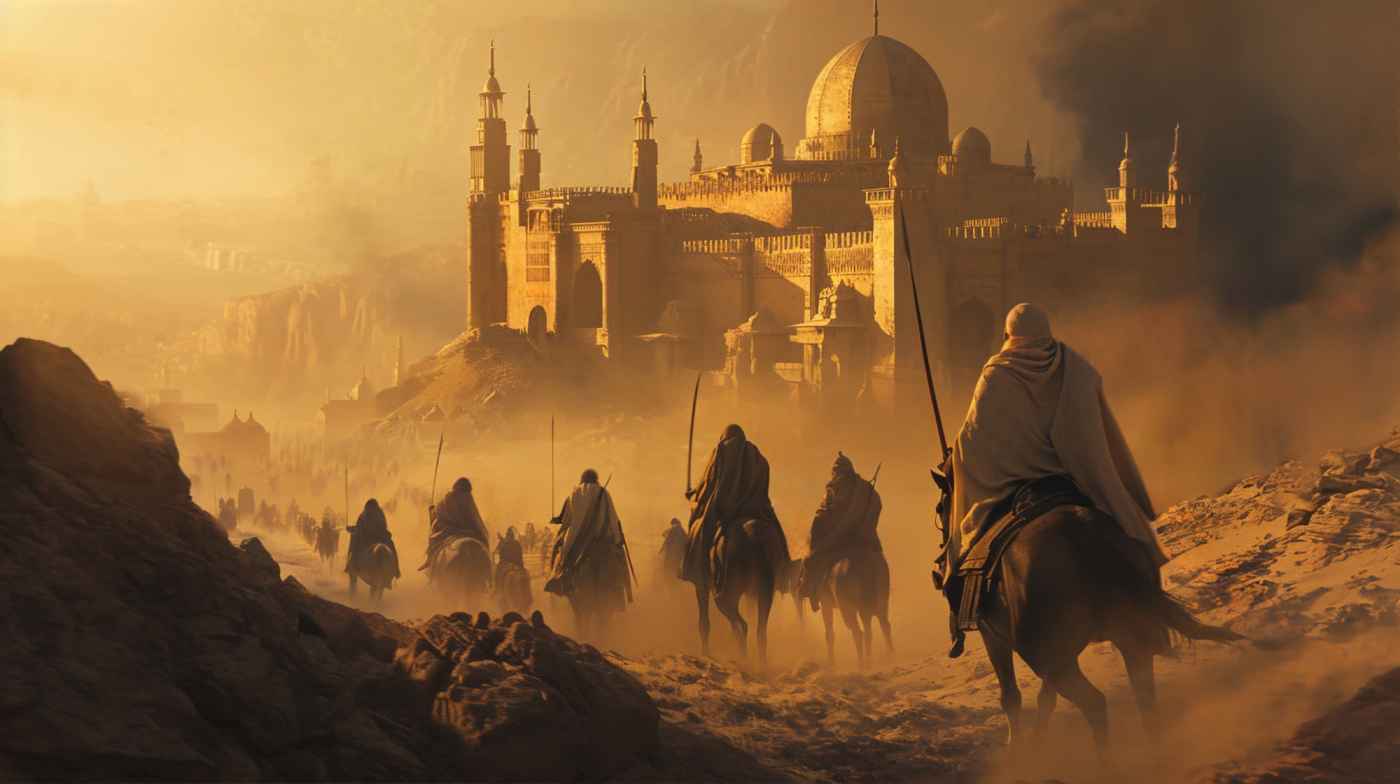In contrast to various cultures in the world, statements about relationships and sexual drives are a phenomenon of diversity in modern societies. In western nations where people have the liberty to engage in relationships even before marriage, a man and a woman can satisfy his or her sexual needs independently and in many cases dedicate their whole lives toward achieving individual targets. At the same time, however, countries like Pakistan and India portray strong contrast to this behavior, where decades-old values persist in insisting on late marriages and pre-marital purity. This cultural heritage often leads to frustration, especially among youth with sexual aspirations who have to confront them while continuing their studies or focusing on a career.
As such, not only in Western countries would the liberal exploration of one’s sexuality be found possible in terms of relations, but the exposure, again among adolescents, to such activities as dating and sexual indulgence is devoid of societal condemnation. That well-defined portrait of selfhood and autonomy is the most likely reason such freedom would lead to a healthier attitude toward romance and sexuality, allowing people to pursue their educational and professional ambitions freed from the anxiety of repressed desires.
On the contrary, societal norms about sex and marriage often enforce a lot of pressure on youths in countries like Pakistan and India. According to traditional customs, the marriage should happen at a later phase, often delaying sexual enjoyment. In the context of religion, more so in Islamic societies, any sexual act outside marriage is considered haram, highly limiting how young adults can express themselves. This upbringing usually breeds much inner conflict, with individuals torn between sexual urges and attending to their religious and societal obligations.
This frustration can cause much harm in numerous ways. Young men and women record symptoms of anxiety, depression, or apathy toward their education and work life. Their minds are preoccupied with unfulfilled desires, making it hard to concentrate on their goals, with implications far-reaching, majorly not for personal satisfaction, but also for social development. Examples of dilemmas faced by many youths today are conflicting views of traditionalism and the need for personal fulfillment in an increasingly globalized society.
Online communication networks have a tendency to heighten delays and at some stage marry. After this age, there comes a frenzied race to grab a spouse, culminating in a hurried bond whose social fact and relevance cannot be ascribed to matchless attunement. Frustration returns because these commitments are flashes of fire, illuminating aspirations within the thread of commitments thus opening unhappiness at all stages of life.
It is not uncommon that societal taboos regarding premarital relationships breed silence around discussion topics some cultures preserve. Where young people lack access to correct and adequate information about sex and marriage, they tend to misinterpret relations and sexual expectations. This means that thousands of young people enter matrimony unprepared and under-informed: complicating sexual frustration and the issues of self-satisfaction.
Such contrasts exist from one place to another. One difference between the two societies largely comes in marriage and sexuality norms. They really do affect what the aspirations of young men and women are for themselves and their mental health. Western societies often remain liberal regarding shaping what the adolescent wishes, believing it accelerates growth and, as well, personal empowerment. While for Eastern youth, restrictions often bog down their achievement and concentration. Compensated for cultural clash, better social perceptions would shape sexuality. Advantaging people and societies just alike.







